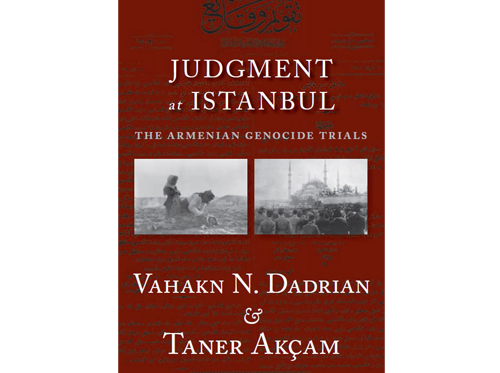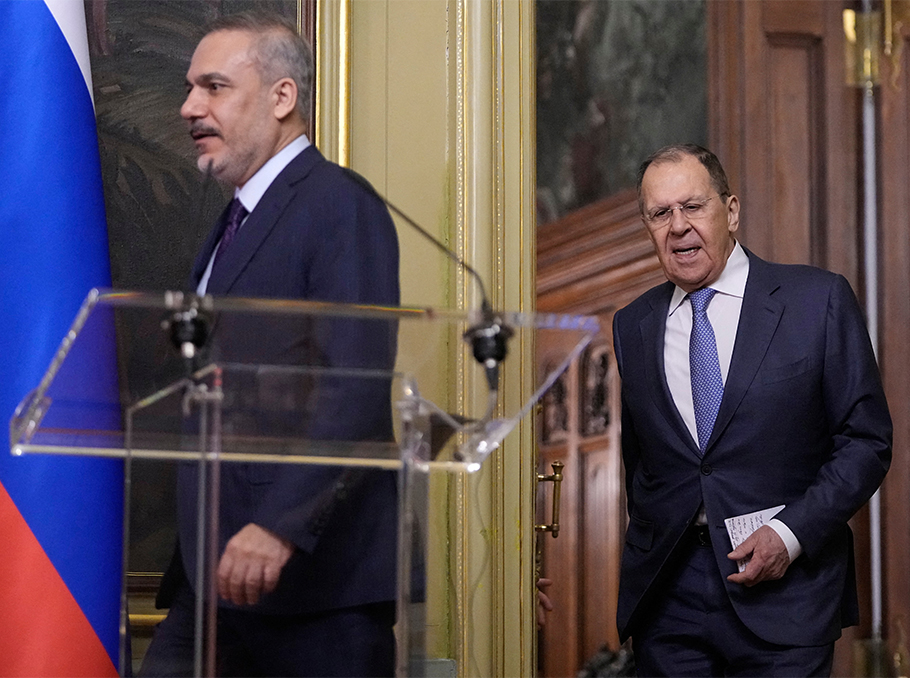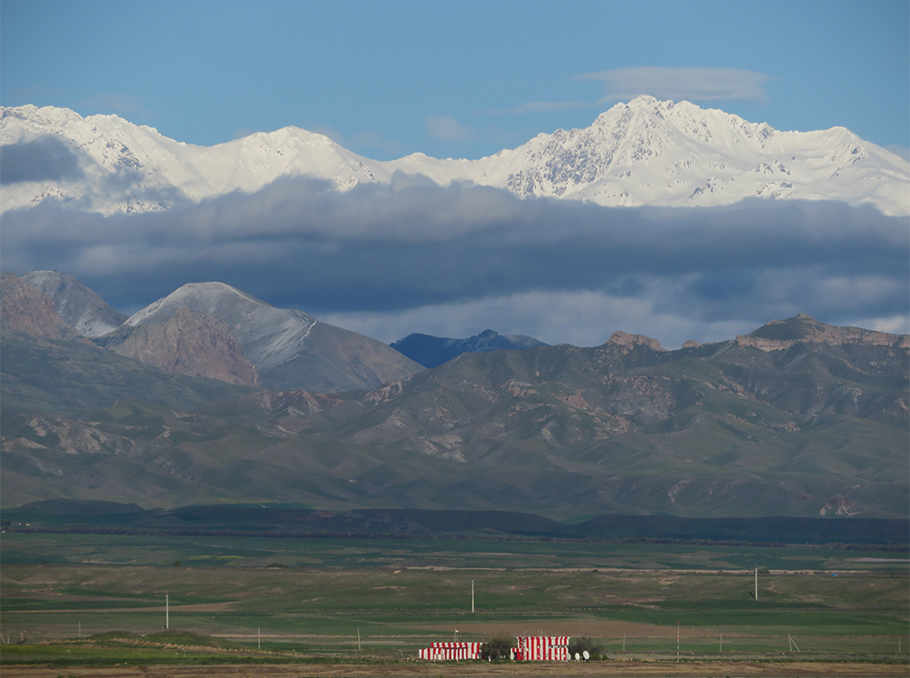Yerevan/Mediamax/. "Judgment at Istanbul: The Armenian Genocide Trials”, first joint study by Vahakn Dadrian and Taner Akçam, was published in the United States.
Mediamax was informed in “Zoryan” institute in Canada that the book is a study of the World War I Armenian Genocide as documented through the Ottoman Special Military Tribunal’s criminal prosecution of the perpetrators involved. The aim of these post-World War I Ottoman courts-martial was the exposure and punishment of the organizers of the crime.
This study is almost entirely anchored on original and authenticated documents. The evidence these documents yield is by no means ordinary in nature, but is rather a kind of evidence that is legally characterized as “evidence-in-chief.”
The complete known documentation of the trial proceedings are being provided in English for the first time. This study is based on authentic Turkish documentation, which the Ottoman government was forced to release during the trials. It includes the personal, eyewitness testimony of high-ranking Ottoman officials, given under oath, on the magnitude of the crimes against the Armenians. The indictments, evidence, and verdicts clearly prove the centralized planning and the genocidal intent of Young Turk government against its Armenian citizens.
This is the first time information from the Ottoman newspapers of the era, whose collection, digitization, editing, transliteration and translation was commissioned by the Zoryan Institute has been utilized to reconstruct the trials. While the official government record lists only twelve trials, the newspapers provide details on sixty-three. Between 2001 and 2004, researchers went to libraries in different cities in Turkey to locate and digitize all the articles in seventeen Ottoman newspapers from 1919 to 1921 on the trials. It was important not to alert officials about the intent of the project, or access might well have been blocked. In the end, Zoryan has a nearly complete collection of hundreds of articles on the trials from Ottoman newspapers. These articles have been transliterated into modern Turkish, and the titles of the articles translated into English. Digital images of these newspapers are now in Zoryan’s archives.
Vahakn Dadrian's field of specialization is genocide in general and the Armenian Genocide in particular. For several years he was engaged as Director of a large Genocide Study Project sponsored by the H. F. Guggenheim Foundation. The project's first major achievement was the publication, now in its fifth printing expanded, of an extensive volume titled The History of the Armenian Genocide: Ethnic Conflict from the Balkans to Anatolia to the Caucasus (Oxford & Providence, RI, 1995). Professor Dadrian's other major work, German Responsibility in the Armenian Genocide: A Review of the Historical Evidence of German Complicity, was published in 1996 (Cambridge, MA) and is now in its third edition. His third volume, Warrant for Genocide: The Key Elements of the Turko-Armenian Conflict, appeared in 1999 (London and New Brunswick, NJ). His latest book is titled The Key Elements of the Turkish Denial of the Armenian Genocide (Cambridge, MA and Toronto, 1999). Professor Dadrian currently is Director of Genocide Research at the Zoryan Institute.
Taner Akçam was born in the province of Ardahan in the northeast of Turkey and became interested in Turkish politics at an early age. As the editor-in-chief of a political journal, he was arrested in 1976 and sentenced to 10 years’ imprisonment. One year later, he escaped and fled to Germany as a political refugee. His books include Dialogue Across an International Divide: Essays Towards a Turkish-Armenian Dialogue (2001), From Empire to Republic: Turkish Nationalism and the Armenian Genocide (2004). A Shameful Act: The Armenian Genocide and the Question of Turkish Responsibility was published in November 2006 and has since been translated into Dutch, French, Italian, Polish and Spanish. He is the first Turkish scholar to have drawn attention to the historicity of the Armenian Genocide and has been persecuted by the Turkish state for it. Currently, he is Associate Professor of History and the Kaloosdian/Mugar Chair in Armenian Genocide Studies at the Center for Holocaust and Genocide Studies, Clark University.




















Comments
Dear visitors, You can place your opinion on the material using your Facebook account. Please, be polite and follow our simple rules: you are not allowed to make off - topic comments, place advertisements, use abusive and filthy language. The editorial staff reserves the right to moderate and delete comments in case of breach of the rules.